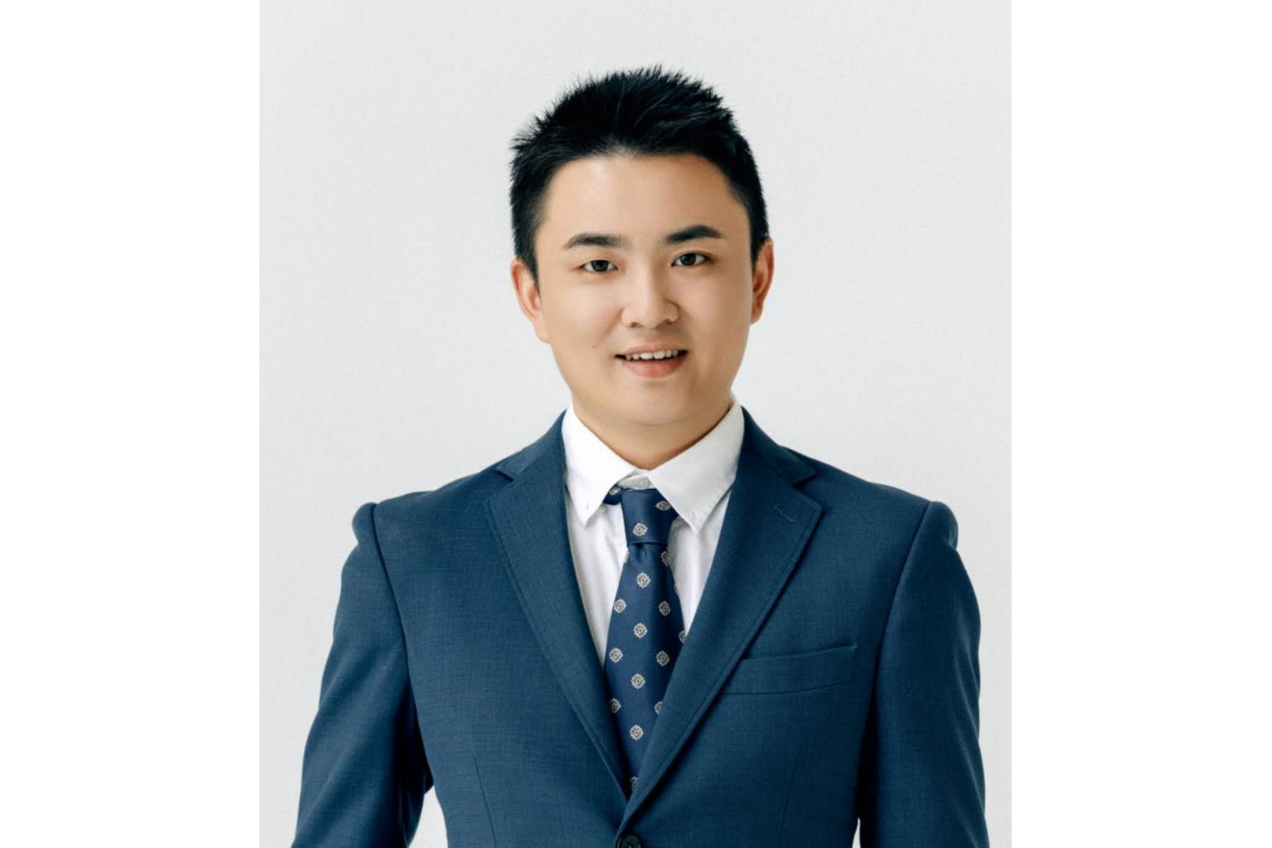Corrosion study of the BR1 fuel in highly alkaline conditions
One possible route for the geological disposal of the Belgian reactor 1 (BR1) fuel, which will eventually become nuclear waste, could be the direct encapsulation of the whole fuel capsule in a cementitious matrix. Because the cladding of the BR1 fuel is made of aluminium alloy 1100 (AA1100), this alloy would be in direct contact with the cementitious matrix. Due to its amphoteric property, aluminium cannot form a passive corrosion product film in Ordinary Portland Cement (OPC) paste, which possesses a highly alkaline condition. Hence, the corrosion process can proceed rapidly and threaten the encapsulation safety. One potential solution for this problem is the addition of a corrosion inhibitor in the OPC paste, such as LiNO3 or Li2CO3, to form a layered double hydroxide film.
A combined approach of electrochemical measurements, scanning electron microscopy and gas chromatography was used to study the corrosion rate of AA1100 in OPC pastes. The corrosion rate of the aluminium alloy is effectively inhibited owing to the formation of a protective corrosion product film in cement pastes containing LiNO3 or Li2CO3. Without any inhibitor, the fast corrosion rate with an uncontrolled growth of the corrosion product film, leads to visible cracking of the cement paste matrix as early as after eight days. Both the hydration evolution and the curing environment of cement pastes are found to play important roles in the corrosion process.
Meanwhile, by the innovative combination of the equivalent circuit model and the General Effective Media theory, EIS is capable of providing the porosity information of cement pastes. Mercury Intrusion Porosimetry (MIP) confirmed the reliability of the porosity results obtained from EIS.
Promotor:
- Thomas Pardoen (UCLouvain)
- Geert De Schutter (UGENT)
SCK CEN mentors:
- Sébastien Caes
- Bruno Kursten
Click here for a list of obtained PhD degrees.
